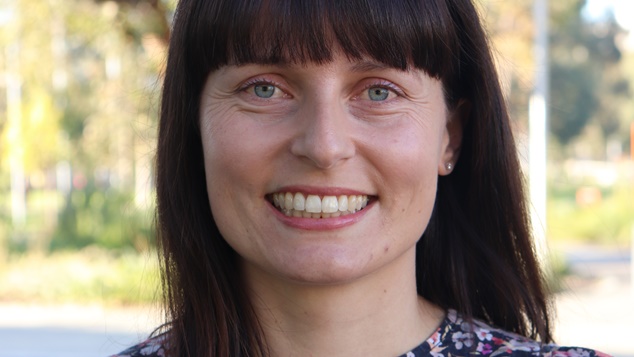
Got questions about the Monkeypox virus? Dr Jelena Maticevic is a Senior Medical Advisor at the Communicable Disease Control Directorate at the Department of Health WA.
As the Department continues to monitor and put measures in place to control monkeypox, Dr Maticevic has provided Out in Perth a range of answers to questions you might have about this virus.
What is Monkeypox?
The monkeypox virus is part of the same family as the smallpox virus, but generally causes a milder illness. People with the virus may get a rash on their body, which will go through several stages, including scabs, before healing. The rash can first look like pimples or blisters and might be painful or itchy.
How many people in WA have Monkeypox?
So far WA has recorded six cases of monkeypox. All of these cases were returned overseas travellers.
Can I be vaccinated against Monkeypox?
Globally, vaccines for monkeypox are in limited supply. Right now, WA Health is working with the Federal Government to obtain further supply of JYNNEOS® vaccine.
We have secured a small initial supply and are expecting another delivery of vaccines soon. We are taking a targeted approach to monkeypox vaccination, prioritising those at highest risk of infection and/or severe disease.
You can register your interest in vaccination and if you are eligible, you will be contacted to book in your vaccination.
As we receive more vaccine in WA, the program and eligibility will expand. I would stress that widespread vaccination is not currently recommended, due to the very low risk of infection for the general population in the State.
Who can get Monkeypox?
The monkeypox virus can affect anyone who comes into close contact with someone with the virus. So far, the majority of cases in this current outbreak, including cases in Australia, are in men who have sex with men. People at highest risk are those who have skin-to-skin or sexual contact with people who have monkeypox.
How can I prevent getting Monkeypox?
Along with vaccination, you can prevent your risk of contracting Monkeypox by avoiding skin-to-skin contact or sexual contact with people with suspected or confirmed monkeypox.
Wash your hands often with soap and water or use an alcohol-based hand sanitiser. Maintain physical distance with others and avoid skin-to-skin contact when attending events or venues where monkeypox has been shown to spread.
Condoms for oral, anal and vaginal sex can reduce exposure to the monkeypox virus, but condoms alone will not fully prevent monkeypox, due to the way the virus can be spread through skin-to-skin contact.
If I have symptoms of Monkeypox, what should I do?
Your first step should be to call your GP for an appointment; they will make an assessment about whether you should be tested for monkeypox.
The symptoms of monkeypox can be similar to STIs such as syphilis, or to other illness such as chickenpox, so your GP may suggest testing for a variety of things.
If you are going to a GP or hospital, please call before you go to alert them to the possibility of monkeypox and wear a mask. While you are waiting for your test result it is important to stay at home and follow your doctor’s advice.
If you do test positive for monkeypox, you will be contacted by a public health unit, who will provide advice about what you need to do. Some of this advice includes staying at home, sleeping in a separate room from others and avoiding close contact with others. You can leave home for essential activities such as to buy groceries or for solo outdoor exercise but should wear a mask and cover up any lesions.
You will need to follow this advice until all of the lesions have healed, including scabs have fallen off. You should not have sex with other people until after all the lesions have healed, including using a condom, for eight weeks after the lesions have all healed.
What happens if I get Monkeypox?
Most people with monkeypox will recover in a couple of weeks, without any specific treatments. Symptoms can generally be managed with simple pain relief and by keeping up fluids.
What should I do if I am a contact of someone with monkeypox?
If you have been in contact with a person with monkeypox, you should let your GP or local public health unit know. Your local public health unit will assess your risk and give you advice. You will be asked to monitor for symptoms of monkeypox for 21 days from last contact with a person with monkeypox and may be asked to take other precautions such as avoiding close or sexual contact with others.
Where can I learn more about Monkeypox?
There is a range of information and support networks for Monkeypox on the Department of Health’s website.
OIP Staff
You can support our work by subscribing to our Patreon
or contributing to our GoFundMe campaign.






